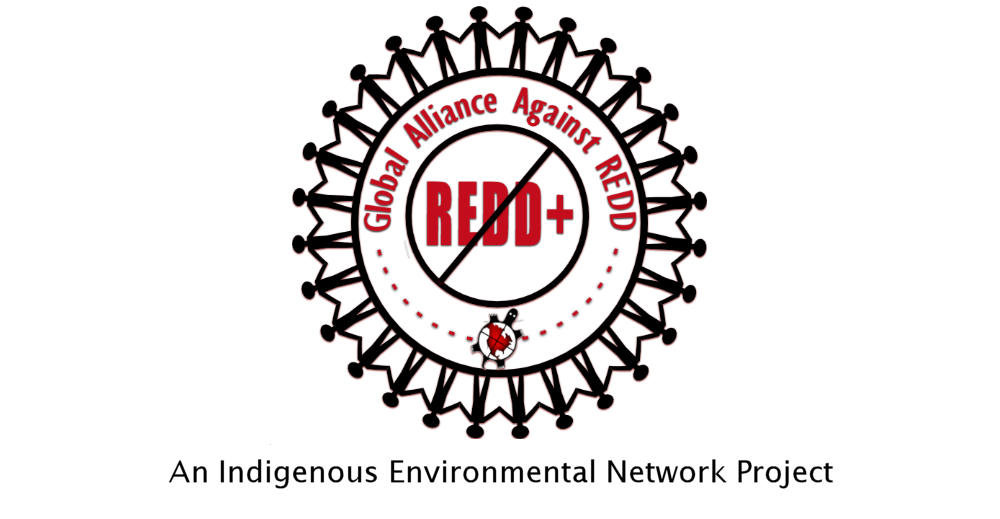REDD and Forests Case
International Rights of Nature Tribunal
Lima, Peru
 REDD (Reducing emissions from deforestation and forest degradation) is a global initiative to create a financial value for the carbon stored in native forests and tree plantations, soils and agriculture, including plankton and algae in the oceans. This involves the opening of the carbon cycling capacity of the Earth to economic valuation and trading in financial market systems. Indigenous peoples, forest dwellers, small farmers and peasants view REDD as a false solution for mitigating climate change that have resulted in land grabs, evictions and human rights abuses. REDD is inherently about commodifying and privatizing air, trees and land by selling nature and air to generate permits to pollute. These permits to pollute also known as carbon or emission credits are used by polluters to avoid reducing greenhouse gas emissions at source. This Tribunal on REDD and forests will listen to testimonies on the concern of REDD and other carbon and emissions trading and offset regimes violating the rights established in the Universal Declaration of the Rights of Mother Earth.
REDD (Reducing emissions from deforestation and forest degradation) is a global initiative to create a financial value for the carbon stored in native forests and tree plantations, soils and agriculture, including plankton and algae in the oceans. This involves the opening of the carbon cycling capacity of the Earth to economic valuation and trading in financial market systems. Indigenous peoples, forest dwellers, small farmers and peasants view REDD as a false solution for mitigating climate change that have resulted in land grabs, evictions and human rights abuses. REDD is inherently about commodifying and privatizing air, trees and land by selling nature and air to generate permits to pollute. These permits to pollute also known as carbon or emission credits are used by polluters to avoid reducing greenhouse gas emissions at source. This Tribunal on REDD and forests will listen to testimonies on the concern of REDD and other carbon and emissions trading and offset regimes violating the rights established in the Universal Declaration of the Rights of Mother Earth.
Objective of the Tribunal: present the case to the Tribunal.
Ivonne Yanez, Acción Ecológica, introduces the case of REDD as a violation of the rights of Nature and the forests.
Cassandra Smithie presents evidence of the violations of REDD and why Indigenous peoples are saying NO to REDD.
Isis Alvarez presents case that REDD+ is per definition not the right mechanism to address the main drivers of forest loss and calls for a moratorium on the signing of contracts for REDD+ projects on behalf of not properly informed local communities.
Ruth Nyamburo presents as a witness about REDD projects in Africa among the Sengwer peoples of Kenya.
Johny Butrago presents as a witness about REDD projects in Costa Rica.

Rights of Nature Tribunal – REDD(English – Power Point PPT format)
REDD+ Peoples Tribunal (English + Spanish – Power Point PPT format)
